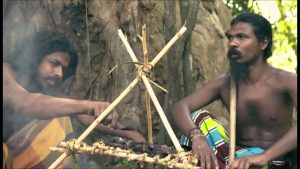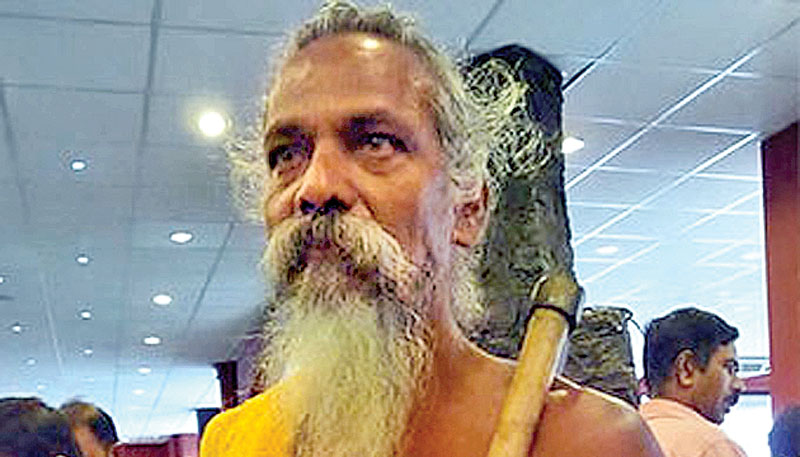It has been 16 years since the adoption of the Declaration on the Rights of Indigenous Peoples (UNDRIP) by the UN General Assembly in September 2007. Despite this milestone, Sri Lanka has yet to establish a legal or policy framework aligned with the declaration, aimed at ensuring the survival, dignity, and well-being of its indigenous population.
Following numerous meetings and discussions with members of the Adivasi community last year, the government committed to forming a committee tasked with addressing the challenges faced by the community. The objective is to devise a comprehensive set of measures, enshrined in an act of parliament, that aligns with the principles outlined in UNDRIP.
Previously known as veddhas, the indigenous community thrived for centuries in the forests, engaging in activities such as hunting, collecting wild honey, chena cultivation, and fishing. However, due to successive government development policies, they have lost access to their traditional way of life. The inability to reach the forests and fishing areas, integral to their livelihoods, has disrupted their harmonious coexistence with nature, culture, rituals, and practices.

A 2023 report by the Centre of Policy Alternatives on Protecting the Rights of Sri Lanka’s Adivasis highlights the challenges faced by the indigenous people. Forced relocation from their ancestral lands, coupled with restrictions on accessing their forests, has thrust them into unfamiliar territory. The loss of self-sufficiency, along with the abandonment of ancestral customs and medicinal knowledge, has left the community grappling with serious challenges.
The report further emphasizes the erosion of unique art, culture, and musical traditions transmitted through generations. The once self-sufficient lifestyle intertwined with forests and distinctive identities is now endangered. Communities, historically unaffected by food and medicine shortages, find themselves without a clear means of sustenance since being expelled from their heritage forests.
Unique Way of Life:
In some instances, indigenous groups have been allocated arable and paddy lands. However, challenges arise as these lands face reallocation, encroachment, or acquisition by different communities. The Adivasi community, once thriving in their cultural richness, now confronts the stark reality of fading traditions, diminishing belief systems, and uncertain prospects for sustaining their unique way of life.
The situation is compounded by the prohibition of indigenous children from entering the forests, leaving them stranded between the indigenous community’s lifestyle and that of the general population. Uruwarige Wannila Aththo, the leader of the Adivasi community, sheds light on the difficulties faced by his people but there is much to do if he is to be taken seriously.
A special committee headed by the Secretary of the Ministry of Wildlife and Forest Conservation has been appointed on the advice of the Minister of Justice, Prison Affairs and Constitutional Reforms, Dr. Wijayadasa Rajapakshe, PC, to provide permanent solutions to the problems of the Adivasi people in Sri Lanka.
The committee has prepared a report after discussing the problems faced by the Adivasi people, and a special discussion on the recommendations and proposals of the report was discussed at the Parliament Complex under the chairmanship of the Minister of Justice







